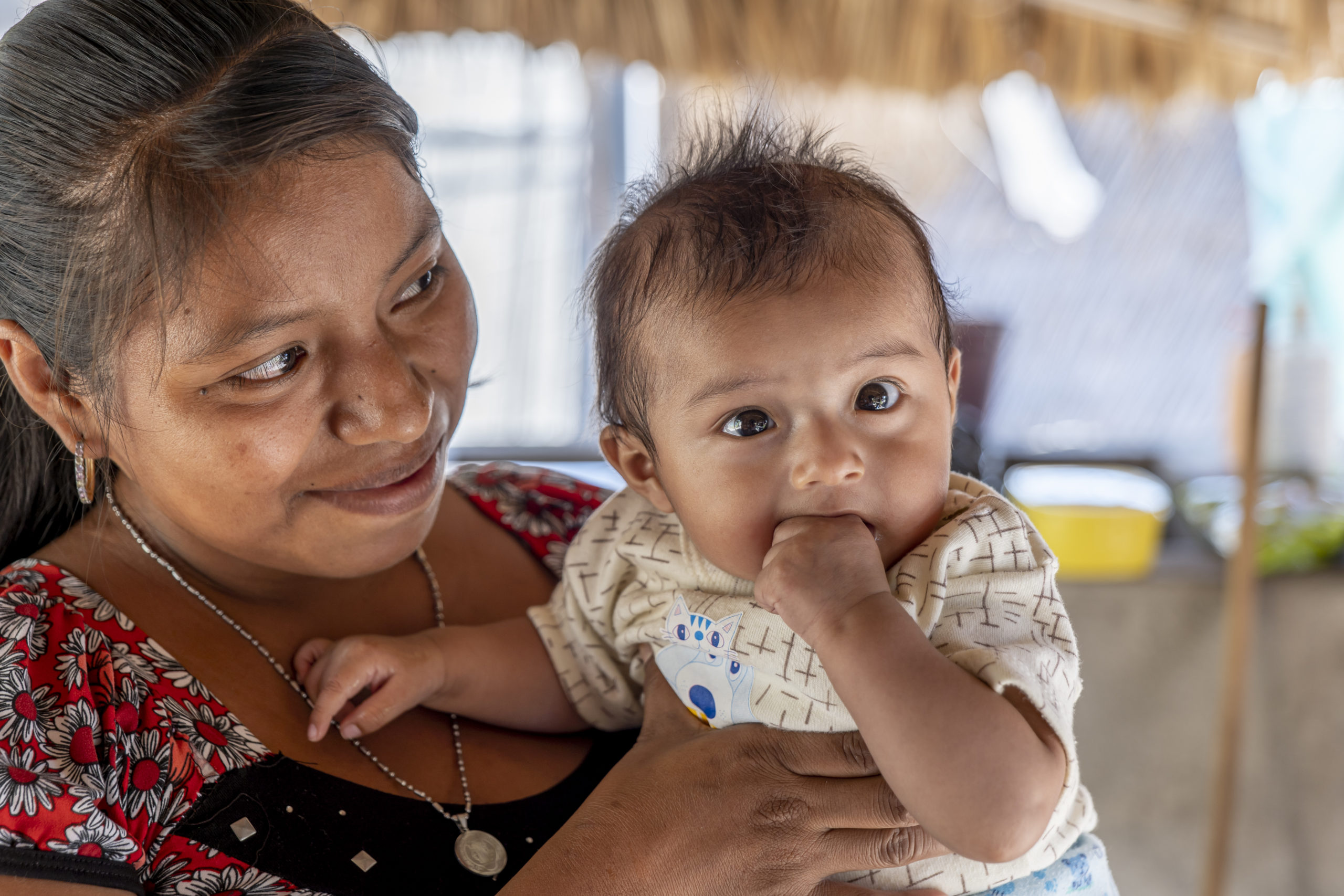Restoring Family Links during COVID19

Restoring and Maintaining Family Links services are essential for those who become separated from their loved ones and must be a key part of the response of National Societies and the ICRC. Considering the above, the ICRC strongly recommends not to suspend, but rather maintain and adjust RFL services to ensure a coordinated response within the Movement and other relevant actors, in line with international and national measures. This note will present several scenarios (e.g. access/no access) and provide an explanation on how current and any further restrictions may/will increase the needs for RFL services while reducing our ability as a global Network to provide those services, should our current capacity not be maintained.
Languages: EN FR AR ES PT RU
